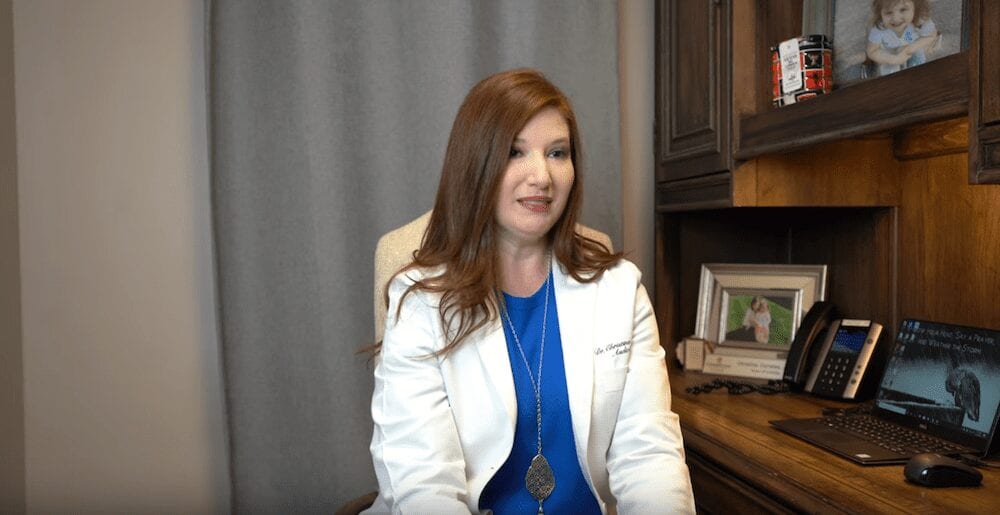It can be easy to feel passionate about the scientific side of treating hearing loss. As we read about the advancements in hearing technology that are being made, we’re excited to think about the people whose lives will be improved by these innovations. It can be so easy to get caught up in the scientific breakthroughs of treatments and technology that the emotional side of hearing loss is forgotten.
Because the emotions involved in hearing loss are not always something people talk about, it’s an important issue to discuss. Recognizing these emotions allows people to process them and take action, rather than feeling isolated in their struggle. Below, we share some of the emotions that people with hearing loss experience, and some methods for coping with them.
The Emotional Side of Hearing Loss: Anger
It is not uncommon to feel angry at the first signs of hearing loss. Before losing the sense of hearing, few people fail to realize how much they rely upon it. When hearing loss occurs, it is normal to be angry that you are missing out on sounds you love.
How to Cope: While anger is a normal emotion, it can be unhealthy if it persists too long. Don’t hesitate to express your feelings of anger to a loved one you trust. Sharing your feelings often makes them much more manageable.
The Emotional Side of Hearing Loss: Frustration
Frustration is an emotion that often comes alongside anger. Living with hearing loss can be very frustrating. It can make work more difficult, it can cause relationships to suffer, and it can make everyday tasks more complicated.
How to Cope: The most important thing is to grant yourself patience every day. Schedule an appointment with your physician, or with an audiologist you trust, and explain what you are feeling and experiencing. He or she can suggest treatment that will help you regain some of the hearing you have lost.
The Emotional Side of Hearing Loss: Insecurity
Hearing loss can affect the ability to engage in social situations. This can be a direct blow to self-esteem, especially for people who were once very confident around others. Hearing loss can also make you feel very unsure in what is going on around you and less confident in completing tasks at work or home.
How to Cope: While losing the ability to hear is difficult, it has not changed who you are as a person. You are still just as capable, intelligent, and humorous as you were before. Wearing hearing aids is also a great way to hear more clearly, and regain self-confidence.
The Emotional Side of Hearing Loss: Isolation
Hearing loss affects relationships and social interactions. That’s not an over-statement. The ability to hear well is an important element of intentional communication and meaningful relationships. When you take that away, those relationships are forced to adapt. People with hearing loss often experience feelings of isolation. If left unchecked, this isolation can lead to depression.
How to Cope: One of the best ways to avoid this isolation is by creating an intentional plan with your friends and loved ones. Learn what things you both need to do in order to communicate effectively: speak more clearly, maintain constant eye contact, and be patient with repetition. Visit this blog post for some more tips to keep in mind!
The Emotional Side of Hearing Loss: Denial
Though denial isn’t an actual emotion, it is something that almost everyone with hearing loss experiences. Many people put off treating their hearing loss because they have a hard time admitting that they even need treatment. The reasons for putting off treatment range from “I still have one good ear” to “My hearing loss isn’t that bad”.
How to Cope: The reality is that hearing loss will only get worse with time. The best course of action is to seek treatment. In the majority of cases, this means finding a hearing aid that fits your lifestyle and needs. If you are ready to find the hearing aid that is best for you, contact us for a free consultation.
The Emotional Side of Hearing Loss: Helplessness
People with hearing loss also experience a feeling of helplessness. It is not something you can control, and it is not a condition like heart disease that can be improved with exercise and a healthy diet. Other people grow discouraged, thinking that hearing loss is a sign that old age has set in and that “it’s all downhill from here.”
How to Cope: Having hearing loss doesn’t mean you are helpless. It means you will have to be proactive by wearing hearing aids, but choosing to do so will only result in greater confidence, social interaction, and positive mental health. Hearing loss is also not a sign that old age has set in. Many of our patients live active, healthy, confident lives…and they do it with their hearing aids in.
These are some of the emotions that patients with hearing loss experience. We know that each person is unique, and there are many feelings people go through when they have hearing loss. The important thing we want to stress is that we want to offer support and help for you. Many of the frustrations from hearing loss can be solved by getting help through hearing aids. If you are experiencing hearing loss, contact us today to see how we can serve you.




